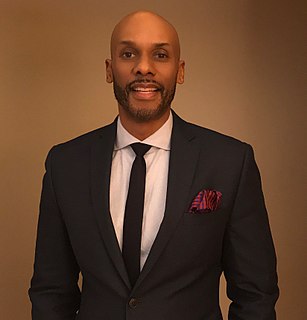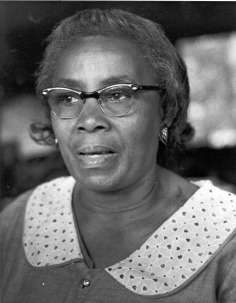A Quote by Paulo Freire
This book will present some aspects of what the writer has termed the pedagogy of the oppressed, a pedagogy which must be forged with, not for, the oppressed (whether individuals or peoples) in the incessant struggle to regain their humanity.
Related Quotes
How can the oppressed, as divided, unauthentic beings, participate in developing the pedagogy of their liberation? Only as they discover themselves to be 'hosts' of the oppressor can they contribute to the midwifery of their liberating pedagogy. As long as they live in the duality in which to be is to be like and to be like is to be like the oppressor, this contribution is impossible. The pedagogy of the oppressed is an instrument for their critical discovery that both they and their oppressors are manifestations of dehumanization.
With the rise of new technologies, media, and other cultural apparatuses as powerful forms of public pedagogy, students need to understand and address how these pedagogical cultural apparatuses work to diffuse learning from any vestige of critical thought. This is a form of public pedagogy that needs to be addressed both for how it deforms and for how it can create important new spaces for emancipatory forms of pedagogy.
Dare I speak ,to oppressed and opressor in the same voice? Dare I speak to you in a language that will move beyond the boundaries of domination- a language, that will not bind you, fence you in, or hold you? Language is also a place of struggle. The oppressed struggle in language to recover ourselves, to reconcile, to reunite, to renew. Our words are not without meaning, they are an action, a resistance. Language is also a place of struggle.
The fortunes of the African revolution are closely linked with the world-wide struggle against imperialism. It does not matter where the battle erupts, be it in Africa, Asia or Latin America, the master-mind and master-hand at work are the same. The oppressed and exploited people are striving for their freedom against exploitation and suppression. Ghana must not, Ghana cannot be neutral in the struggle of the oppressed against the oppressor.
American liberty is being destroyed by Marxist doctrines that explain society in terms of hegemonic and oppressed groups - whether classes, races or genders - fighting for suzerainty. In these societies spun out of Marxist theorizing, good will does not exist, only the material interests of warring groups. Morality resides in the oppressed, but if the oppressed succeed in becoming hegemonic, their claim to moral supremacy evaporates.
The object of a dialogical-liberterian action is not to 'dislodge' the oppressed from a mythological reality in order to 'bind' them to another reality. On the contrary, the object of dialogical action is to make it possible for the oppressed, by perceiving their adhesion, to opt to transform an unjust reality." "In order for the oppressed to unite they must first cut the umbilical cord of magic and myth which binds them to the world of oppression; the unity which links them to each other must be of a different nature.
Pedagogy of the Oppressed resonated with progressive educators, already committed to a 'child-centered' rather than a 'teacher-directed' approach to classroom instruction. Freire's rejection of teaching content knowledge seemed to buttress what was already the ed schools' most popular theory of learning, which argued that students should work collaboratively in constructing their own knowledge and that the teacher should be a 'guide on the side,' not a 'sage on the stage.'





























